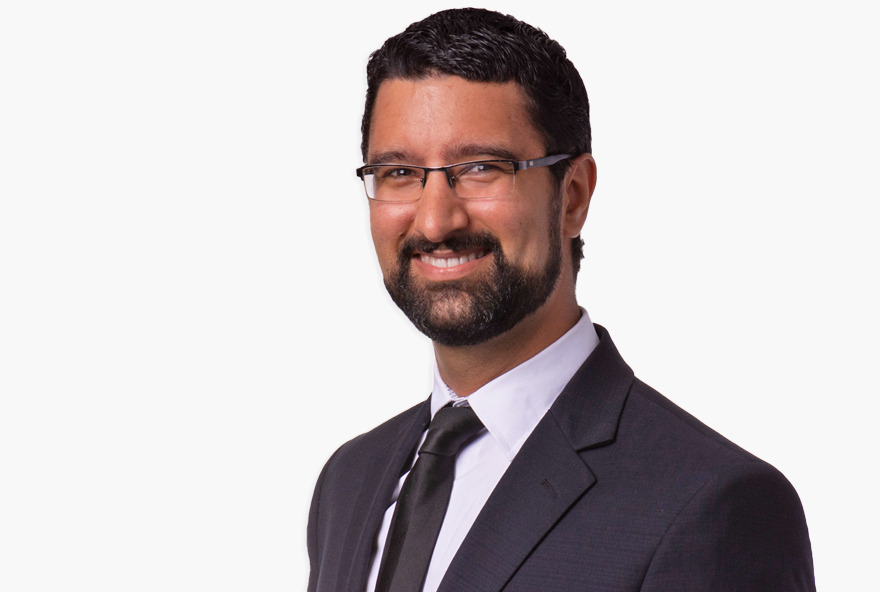
Key points
- What is estate planning?
- The importance of having an estate plan in place
- If you do have plans in place, you should review their effectiveness
As you create your 2025 “to do list”, be sure to include estate planning.
But first, what is estate planning? Estate planning involves preparing your financial situation in case of incapacitation or death. It includes distributing assets, settling estate taxes and debts, and making arrangements for minor children and pets.
If you haven’t got any estate plans in place, this is your sign to do so. And if you have plans in place, is it time to review their effectiveness?
Regularly reviewing your estate plan is just as important as having one. Life changes such as marriage, divorce, births, or deaths in the family can impact your plan. Your financial situation may have evolved, and your personal wishes and priorities might have shifted. Additionally, estate laws can change, so it’s crucial to ensure your plan remains compliant with current regulations.
Essential components of an estate plan
At its simplest, estate planning should involve open conversations with immediate family and the preparation of essential documents, including:
Will
A will is a legal document that provides instructions for the distribution of your estate after your passing. It’s essential that everyone has a basic will in place. Without a will, state-based intestacy rules apply, which might result in your estate being distributed to unintended recipients
Key components include:
- Executor: The person responsible for administering your estate. This role can be complex, involving coordination with various authorities and professionals. Ideally, the executor should be a trusted relative or friend with the necessary skills and should be an Australian taxation resident to avoid complications.
- Guardian (for minor children): The person who will care for your minor children if you pass away.
Power of Attorney
This legal document grants a person the authority to manage your assets and make financial and legal decisions on your behalf while you are alive.
Enduring guardianship
An enduring guardian is someone you legally appoint to make decisions about your health and lifestyle if you become unable to do so yourself.
Binding death nominations
Superannuation does not form part of your estate. Therefore, it’s crucial to have a binding death nomination to ensure the correct beneficiaries receive your superannuation proceeds, this equally applies to both a public offer fund and a Self-Managed Superannuation Fund.
Letter of wishes
Often referred to as a living will, this document outlines your wishes that may not be suitable for inclusion in your will. It is generally not legally binding but can provide guidance on specific assets or how certain items should be handled.
If you pass away without a valid will, you will be considered to have died ‘intestate.’ State legislation will then dictate the distribution of your estate, which may not align with your preferences. If no eligible relatives are found, the estate will pass to the state government.
Most clients appoint at least one executor or guardian, with an alternate in case the primary appointee is unable to serve. It’s also wise to consider scenarios where the entire family might pass away simultaneously, ensuring there is a plan for who will benefit from the estate.
Key taxation planning considerations
In some cases, estate planning may be straightforward, but blended families or unusual family dynamics may require additional consideration. There are several taxation planning considerations and opportunities:
Testamentary trusts
A testamentary trust is created through your will and comes into effect upon your passing. It offers potential taxation advantages and can help protect and preserve capital from marital or commercial claims. The terms of the trust can specify conditions for the release of capital proceeds.
Residency of the Executor
The executor’s residency for income tax purposes affects the estate’s residency status. For ease of administration and taxation planning, it’s recommended that the executor be an Australian tax resident.
Philanthropy and ‘live’ inheritance
With people living longer and Australia being a relatively wealthy nation, the transfer of wealth does not need to occur upon a person’s passing. Two emerging trends are:
- An opportunity to undertake philanthropy either directly or via a Private Ancillary Fund and spend time with the next generation imparting your values and knowledge as part of this journey.
- Providing the next generation with cash funds now to assist in buying a home, contributing to superannuation, getting financial advice or paying for grandchildren’s educations. This can by way of a secured/unsecured loan, a gift or trust distribution.
The above needs careful planning particularly around income and capital gains taxation, stamp duty and various other considerations.
Administrative matters
Consider access to funds if a member of a couple passes away. Joint accounts are typically locked until a death certificate is provided to the bank. Personal insurance or individually held bank accounts can help mitigate this issue, ensuring there are always some funds in an individual’s name.
Part of the executor’s role is to have the required income tax returns furnished. This generally requires an understanding of the deceased assets and liabilities. An area of significant uncertainty is the cost base of assets – the preference is to have this information collated whilst the individual is alive.
A well-crafted estate plan helps prevent family disputes, safeguards your children for the future and allows for appropriate taxation planning. So, when you are developing your “to do list” putting aside the time to create or review an estate plan is a worthy investment for 2025.





